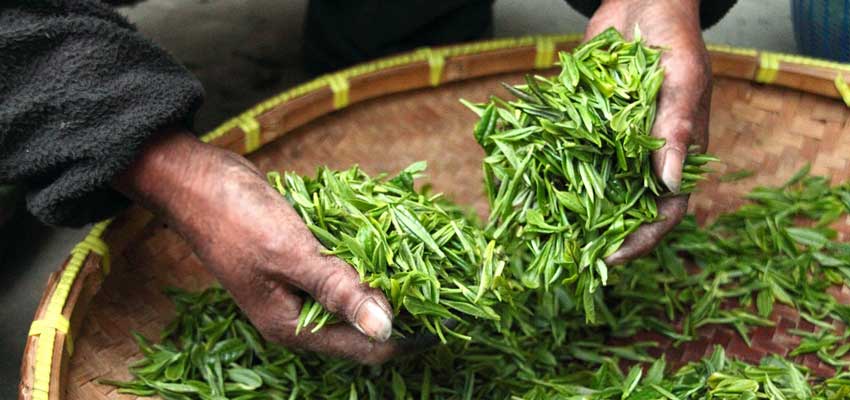The Federal Institute for Risk Assessment (BfR) has assessed the possible health risks from 1,2-unsaturated pyrrolizidine alkaloids (PA) in food.
Pyrrolizidine alkaloids (PAs) are produced by certain plants, fungi and bacteria. They are natural compounds that are considered harmful when ingested through contaminated food and feed. In animal experiments, PAs have shown mutagenic (genotoxic) and carcinogenic behaviour, which is why their consumption, even in small amounts, should be avoided.
The BfR has assessed the health risk. For children, the scientists do not currently see an increased risk at the intake levels that could occur through the consumption of the foods under consideration.
However, an estimate of the intake via herbs and spices shows that even small amounts of these products contribute to a toxicologically relevant exposure. In dried herbs, teas and spices, alkaloids are mainly introduced by PA-forming constituents that are not removed at harvest.
For certain foods (teas, herbal teas and certain herbs), the EU Commission has set binding maximum levels for pyrrolizidine alkaloids in July 2022.
YOUR PLUS: AGROLAB LUFA GmbH carries out analyses for pyrrolizidine alkaloids and other toxic alkaloids in foodstuffs using accredited methods and evaluates the results in accordance with legal requirements
Further information you find .
Author: Dr. Frank Mörsberger

 Contact
Contact

 Contact
Contact Career
Career